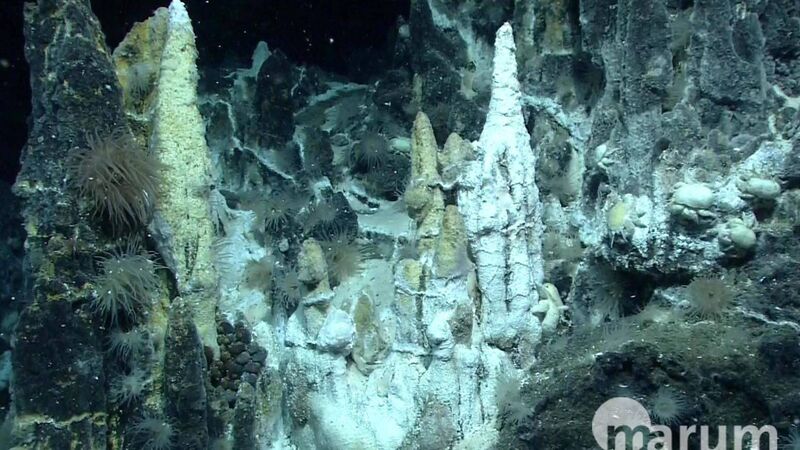UCC study highlights risk to deep-sea life from continental shift

The study shows the movement of continents could cause vital oxygen to stop sinking to the ocean floor, dramatically affecting the way life evolved on Earth.
The position of continents plays a vital role in the survival of deep-sea life, according to a new study by University College Cork.
It had been thought that changes in oxygen levels were due to changes in the atmosphere.
CLIMATE & SUSTAINABILITY HUB













